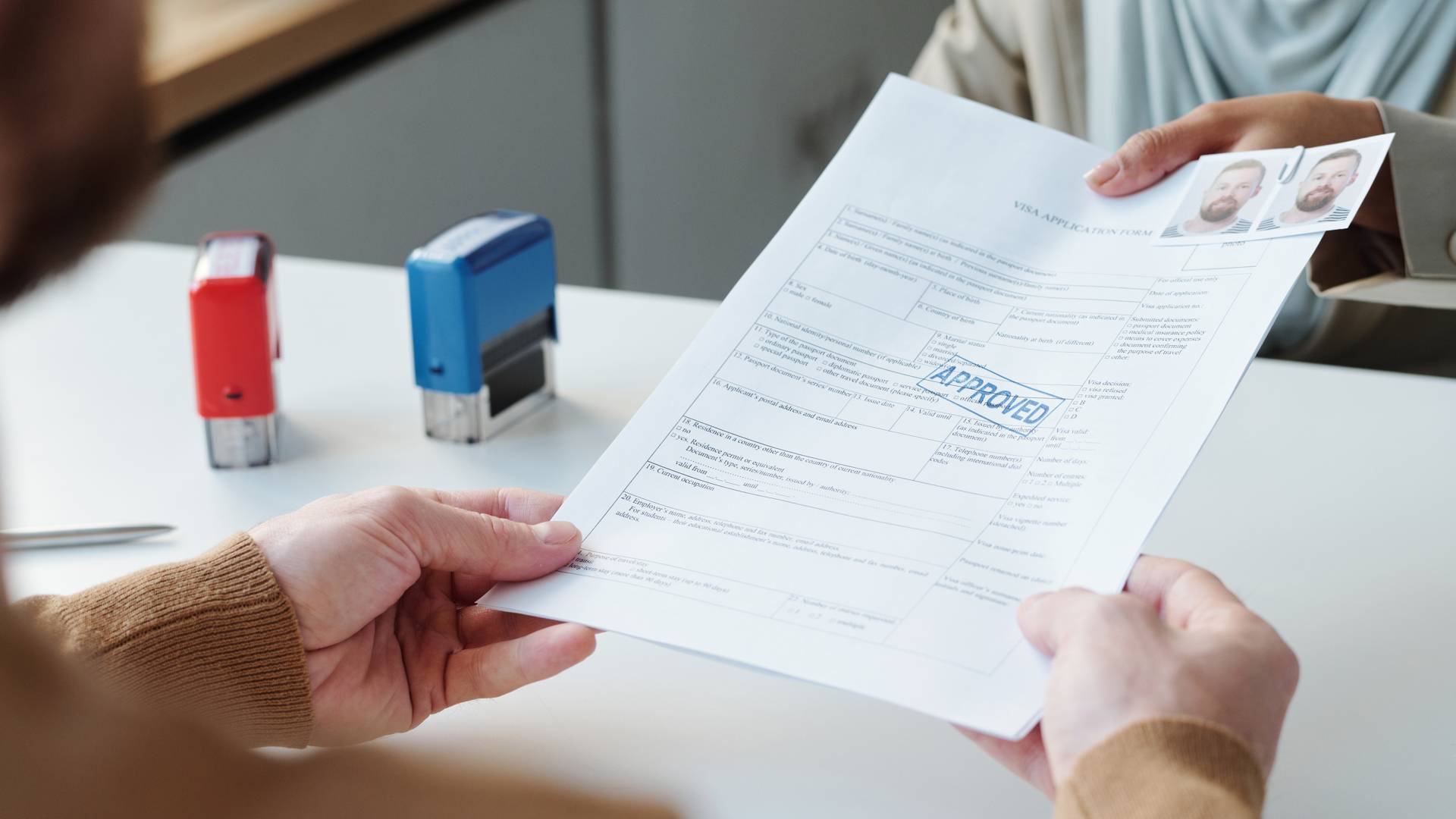
Disability Discrimination Attorneys in Fort Lauderdale
Fighting Disability Discrimination During Hiring, Firing, Promoting, Training, and More
The Americans with Disabilities Act (ADA) was passed in response to widespread discrimination against people with disabilities. It protects people with disabilities from discrimination in communications, public accommodations, transportation, governmental activities and employment. Most employers are prohibited from discriminating against qualified individuals with disabilities in hiring, firing, benefits, compensation, promotion, training and other aspects of employment. If you have a disability and have faced employment discrimination, contact an attorney from The Amlong Firm in Fort Lauderdale, Florida, to discuss your case.
What Is A Disability?
Under the ADA, a person who has a disability:
- Has a mental or physical impairment that substantially limits one or more major life activities, such as breathing, walking, hearing, seeing or speaking
- Has a record of this type of impairment or is viewed as having such an impairment
Employers must not discriminate against qualified individuals with disabilities.
Who Is a Qualified Individual?
A qualified individual with a disability is a person who has the skills, education and experience necessary for the job and can perform the essential functions of the job with or without reasonable accommodations. This means the individual must be able to do the tasks that are important to the job, but not those that are secondary to the job.
What Is a Reasonable Accommodation?
A reasonable accommodation is an adjustment an employer makes so that an employee with a disability can perform the essential functions of the job. This may include:
- Allowing the employee to telecommute
- Modifying equipment or facilities
- Adjusting the employee's work schedule or job structure
- Reassigning the employee to another available position
If the accommodation is an undue burden for the employer — if it is too expensive or disruptive, for example — then the employer is not required to provide it. The size and resources of the employer are taken into account in determining whether an accommodation is an undue burden. Many accommodations, however, are low-cost and easy to provide, allowing the disabled individual to engage in productive activity at work.
If you need a reasonable accommodation from your employer in order to perform the essential functions of your job, ask for one. Your employer may not be expected to make a reasonable accommodation if the employer does not know that you need it. Engage your employer in a dialogue about what would help you do your job; that way, you are more likely to get what you need.

Hear From Our Happy Clients
At The Amlong Firm, your satisfaction is our priority! See for yourself what our clients have to say about working with us.
-
“Ms. Amlong took the time to fully understand all the complexities involved and provide an analysis, from a legal perspective, as to what was happening, provide realistic expectations as to what could be done and an estimate timeline to resolution.”Former Client (Gender and National Origin Discrimination)
-
“I have referred them several employment-related cases and they always get the job done. If you have an employment law question you should call The Amlong Firm.”Attorney Sam C. (Endorsing Bill and Karen Amlong)
-
“I endorse this lawyer. He is also noted for winning one of the major cases before the U. S. Supreme Court.”Attorney Walter A. (Endorsing Bill Amlong)
-
“Ms. Amlong represented me as a 16b officer in a public company in a labor and harassment suit against my former employer. We were up against a giant with a powerful New York law firm. I was extremely pleased with Karen's strategy and results.”Vickie A. (Age And Gender Discrimination)
-
Very knowledgeable and worth your time. My case was on the easier side, but definitely would refer anyone to Karen or the firm in general.Adryan C.
-
“During one of the hardest times in my life, she was a beacon of trust and strength. I recommend her in the strongest terms.”Tannen C. (Gender Discrimination)
-
“You answered all questions in a professional manner that brought me on board.”Marc J. (Race Discrimination)
-
Bill and Karen Amlong are the best employment lawyers that I know. I have referred them several employment related cases and they always get the job done. If you have an employment law question you should call The Amlong Firm.Sam C.
Addressing Disability Discrimination in Fort Lauderdale
Living and working in Fort Lauderdale, we understand the unique challenges our community faces when it comes to disability discrimination. The Amlong Firm is deeply familiar with the local landscape and is dedicated to supporting our clients.
One common pain point for Fort Lauderdale residents is navigating the complexities of requesting reasonable accommodations in the workplace. With a diverse job market ranging from tourism to healthcare, employees often find it challenging to communicate their needs effectively. We encourage open dialogue with employers, as many are willing to make low-cost adjustments that can significantly improve job performance and satisfaction.
Another issue is the lack of awareness about what constitutes disability discrimination during the hiring process. Fort Lauderdale's vibrant economy means that job seekers frequently encounter potential employers who may not fully understand ADA regulations. This can result in discriminatory actions.
At The Amlong Firm, we are committed to helping Fort Lauderdale residents navigate these challenges. Whether you're dealing with discrimination in hiring, firing, or the need for reasonable accommodations, our team is here to support you. We know the local area, understand your pain points, and are dedicated to ensuring your rights are protected.
If you believe you have been discriminated against due to your disability, don't hesitate to reach out to us. We are located in Fort Lauderdale and ready to discuss your situation.
